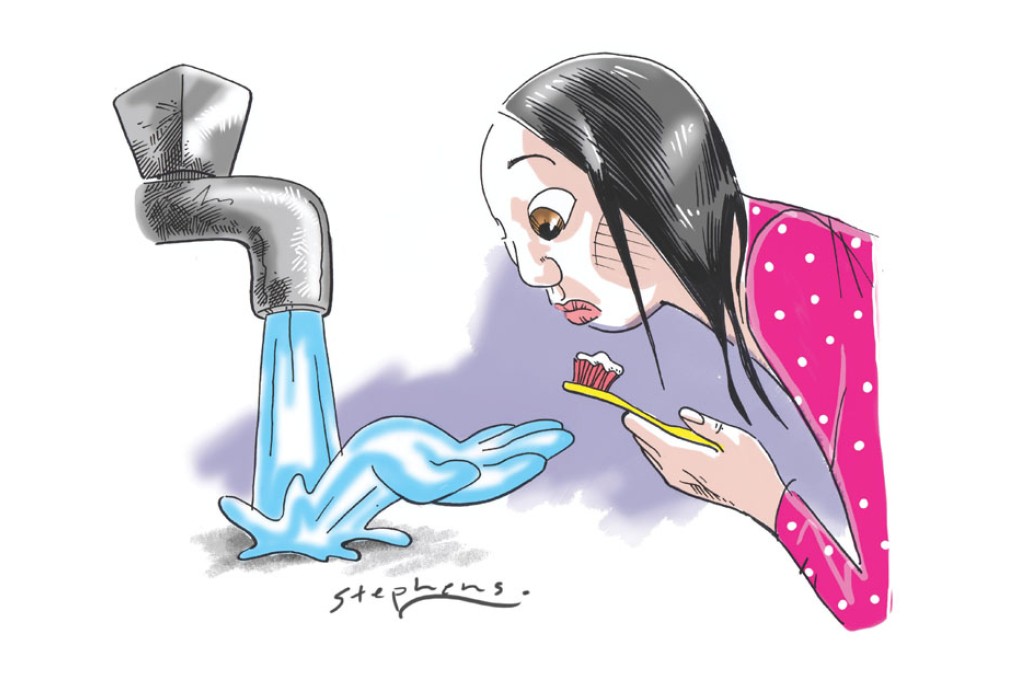Hong Kong pays a high price for its low water fees
Frederick Lee says Hong Kong must rethink its outdated government subsidies that keep water tariffs much lower than in other well-off cities and encourage wasteful consumption

Around the world, rich cities tend to pay more for their drinking water, and in exchange get good-quality water and service without the water authorities having to go to the taxpayer every year with a begging bowl to cover their costs. If the price is set low, how long can that go on? In Hong Kong, we may soon find out.
Unlike cities with similarly high per capita gross domestic product figures, Hong Kong's drinking water charges are set at a very low level. The Water Supplies Department is only able to recover about one-third of its total water production costs. The rest of this expenditure has been picked up by taxpayers.
The amount of this subsidy has been substantial: HK$41.7 billion over the 10 years to 2012. In other words, the average household of three people paid an extra HK$1,787 each year for water through taxes, above and beyond their water bill.
Compare this to what you think you are paying for water. In 2011, the yearly water bill for a Hong Kong household of three (142 cubic metres) was HK$564. That is about one-third of the amount paid indirectly, and inefficiently, through subsidies.
The International Water Association provides international comparisons based on an annual consumption of 100 cubic metres of fresh water. For that amount, a Hong Kong household paid a tariff of US$34 in 2011. A family in Geneva paid US$400 for the same amount of water; New York, US$328; London, US$225. Even not so wealthy places paid more. Households in Beijing, where per capita GDP was estimated to be one-sixth of Hong Kong's in 2011, paid US$47, 38 per cent higher than Hong Kong's water charges.
There is an urgent need to review the city's water tariff system to remove unjustified subsidies. Hong Kong households are paying very low water bills not because the city's water utility is highly efficient but because our fresh-water tariff structure has remained unchanged since 1995, mostly for political reasons.
As a consequence, Hong Kong people pay only 0.25 per cent of their average household expenditure directly for water, when our counterparts in mainland cities are paying, on average, 0.8 per cent of their household expenditure on this precious resource. In European and American cities, households pay between 0.5 and 1.5 per cent of their expenditure on water.